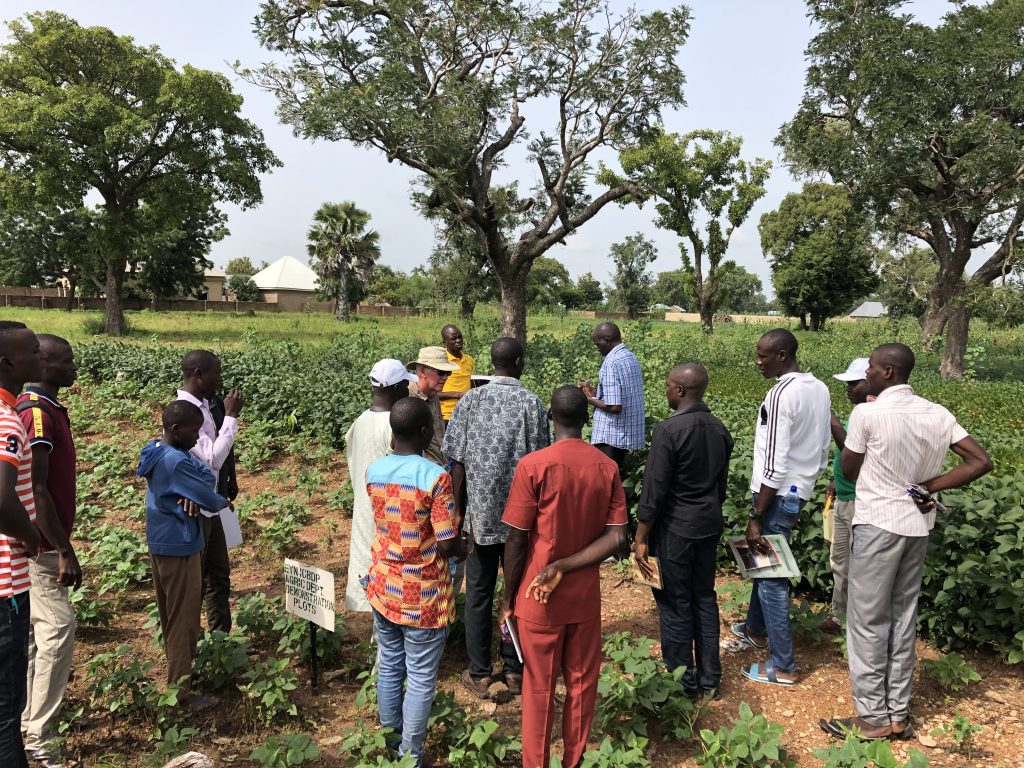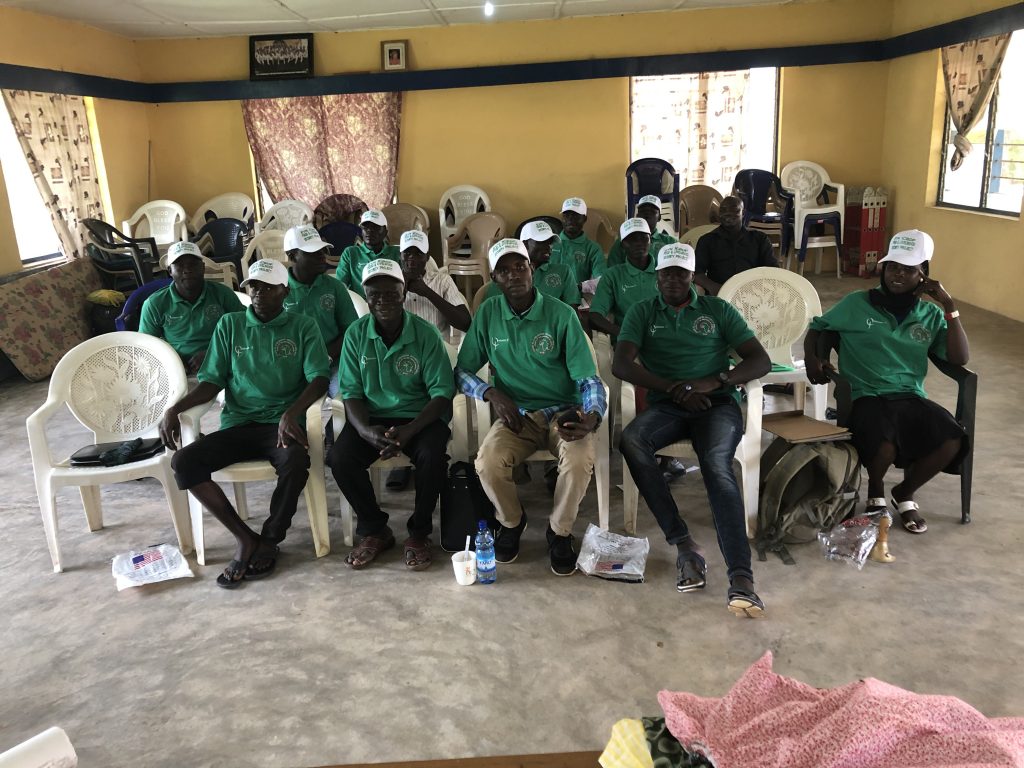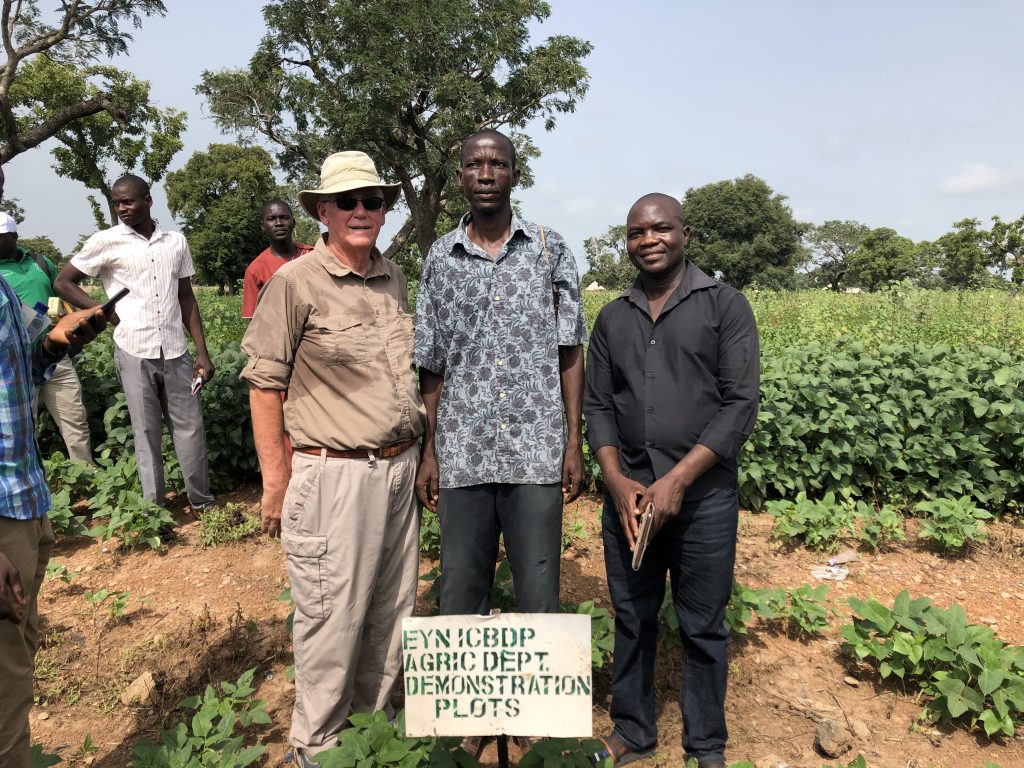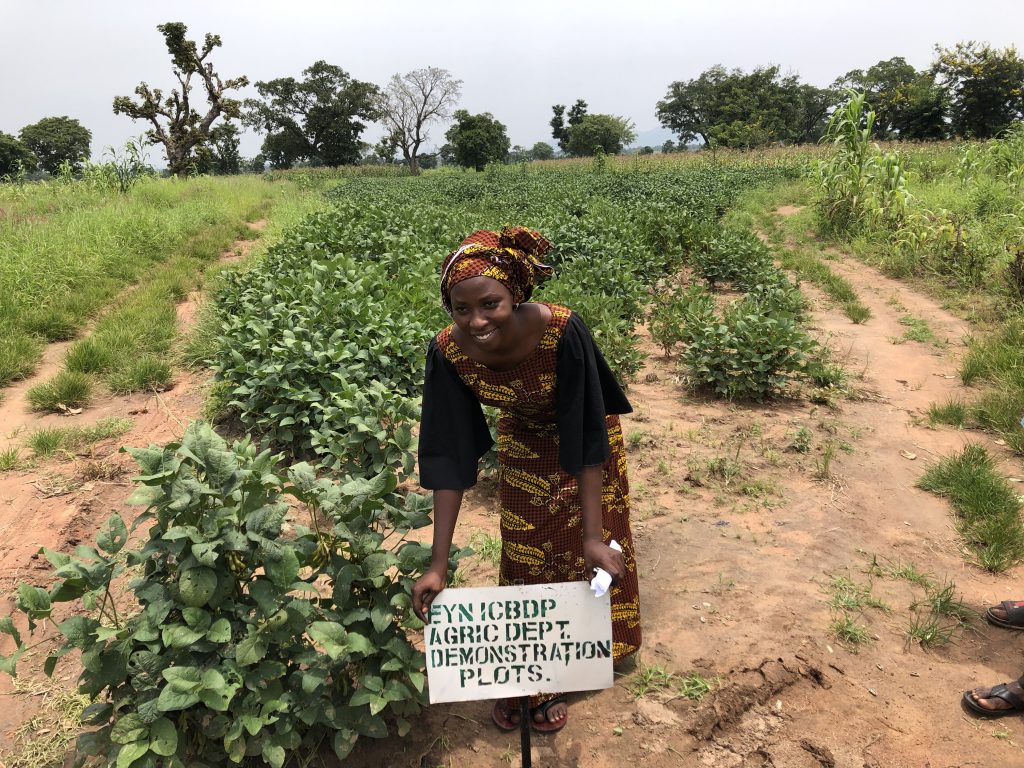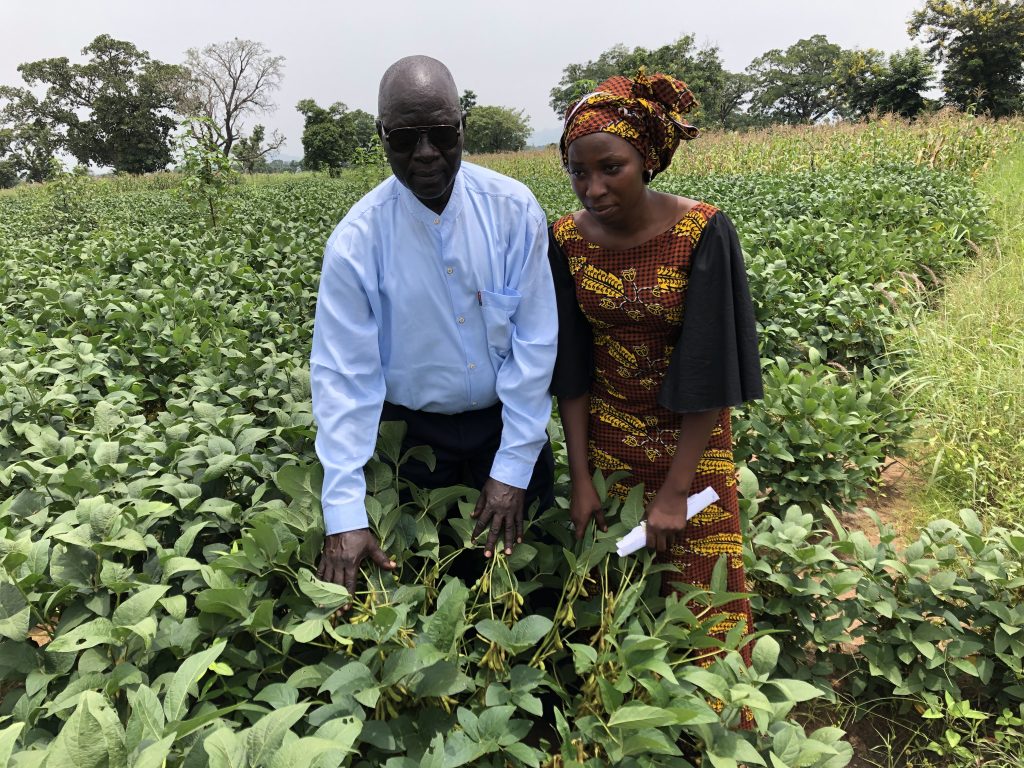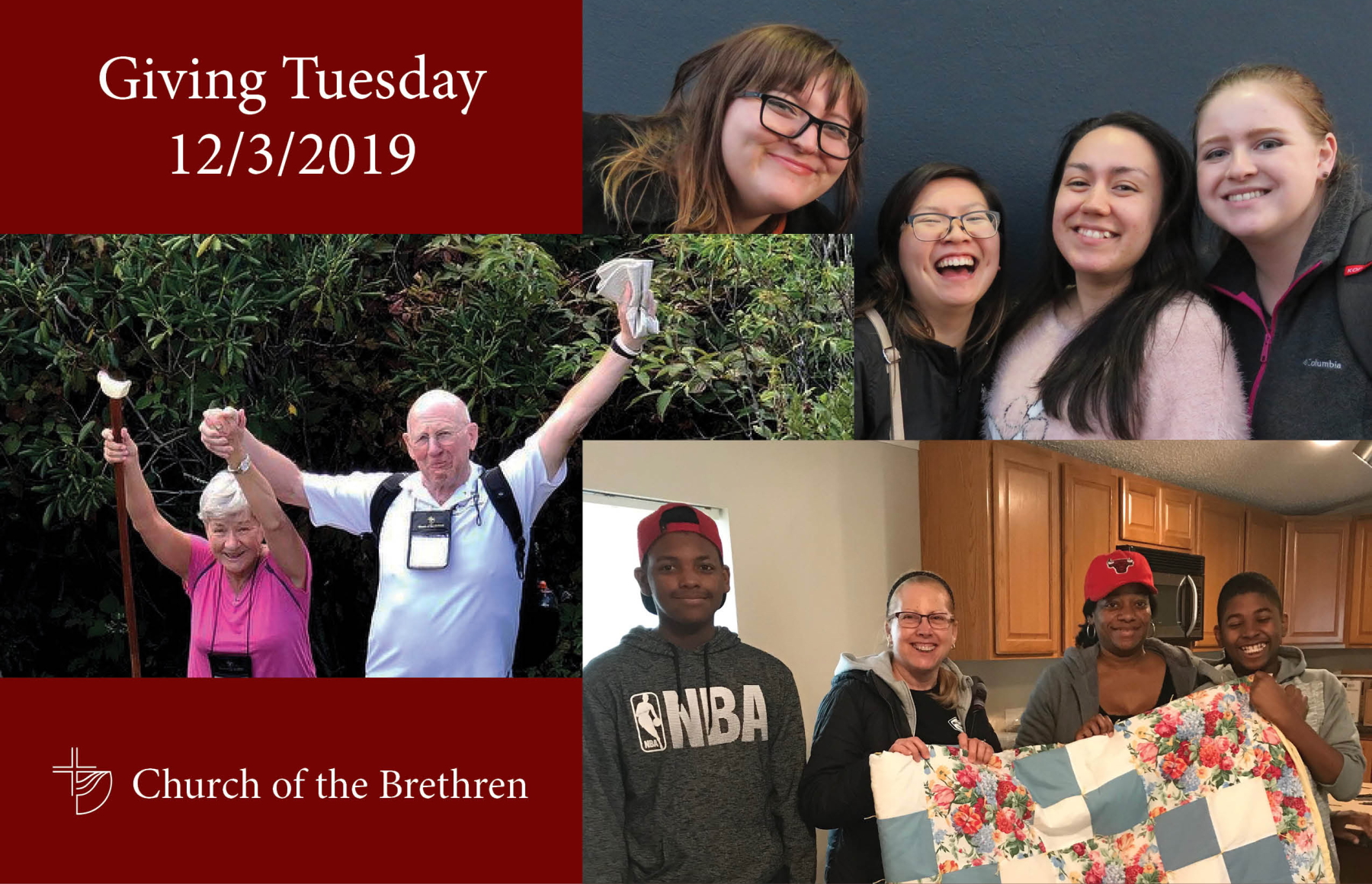
By Matt DeBall, coordinator of Mission Advancement Communications
“The master commended the dishonest manager
because he had acted shrewdly.”
~Luke 16:8
The call to be a faithful steward can seem like a daunting task. Thankfully, the Lord Jesus not only calls us but also empowers us and equips us for the task. The parable shared in Luke 16 is one such exhortation.
As a master declared job termination and requested a final financial report, a dishonest manager threw a going-out-of-business sale—as in, he was going out of business and he cut deals with as many indebted partners as possible. Though, at first, it appeared his actions were merely for selfish gain, the manager was commended by the master for shrewdness.
This parable is interesting, to say the least, and may cause us to scratch our heads. Surely it is not an invitation to use dishonest financial practices or to fix the books. However, if a dishonest manager can be an effective example of stewardship, we can do even better. The dishonest yet shrewd manager exemplifies three important aspects of being a faithful steward.
Being generous. When the manager met with each debtor, he canceled almost a year and half worth of wages for a common laborer. How blessed each one must have felt! Many of us will never be able to give such a generous gift, but we can make a difference in the lives of people around us by giving faithfully of what we have received from God. Whenever we share, we prove to be good stewards when we do so generously.
Honoring others. As the manager canceled debts, he honored everyone involved. The debtors received generous pardons and the master was honored for being generous. To reinstate the canceled debts would harm the master’s reputation, and thus, by confirming the manager’s maneuvers, honor was maintained for all. Faithful stewardship honors others, and this also includes the Lord.
Preparing for the future. The manager was preparing to be out of a job and needing the help of others. Though our stewardship does not include consideration of selfish gain, we are called to look beyond the circumstances of today and, with God’s help, chart a course for the future. Again, this need not involve grand means or measures. It can involve doing simple but purposeful acts boldly and faithfully. Consider water: over time, even a gentle and persistent trickle can wear away the face of a rock. Trusting God with the results, we can act simply and boldly now while working toward a future that we cannot yet see.
It’s a privilege and honor to witness all who give generously of themselves to the ministries of the Church of the Brethren—whether staff, volunteers, board members, or supporters like you. Thank you for using your gifts generously, honoring one another and the Lord. Thank you for investing what you have been given now, and preparing for the future with hope. As you practice faithful stewardship, may the Lord continue to bless you.
Support the ministries of the Church of the Brethren today at www.brethren.org/give.



